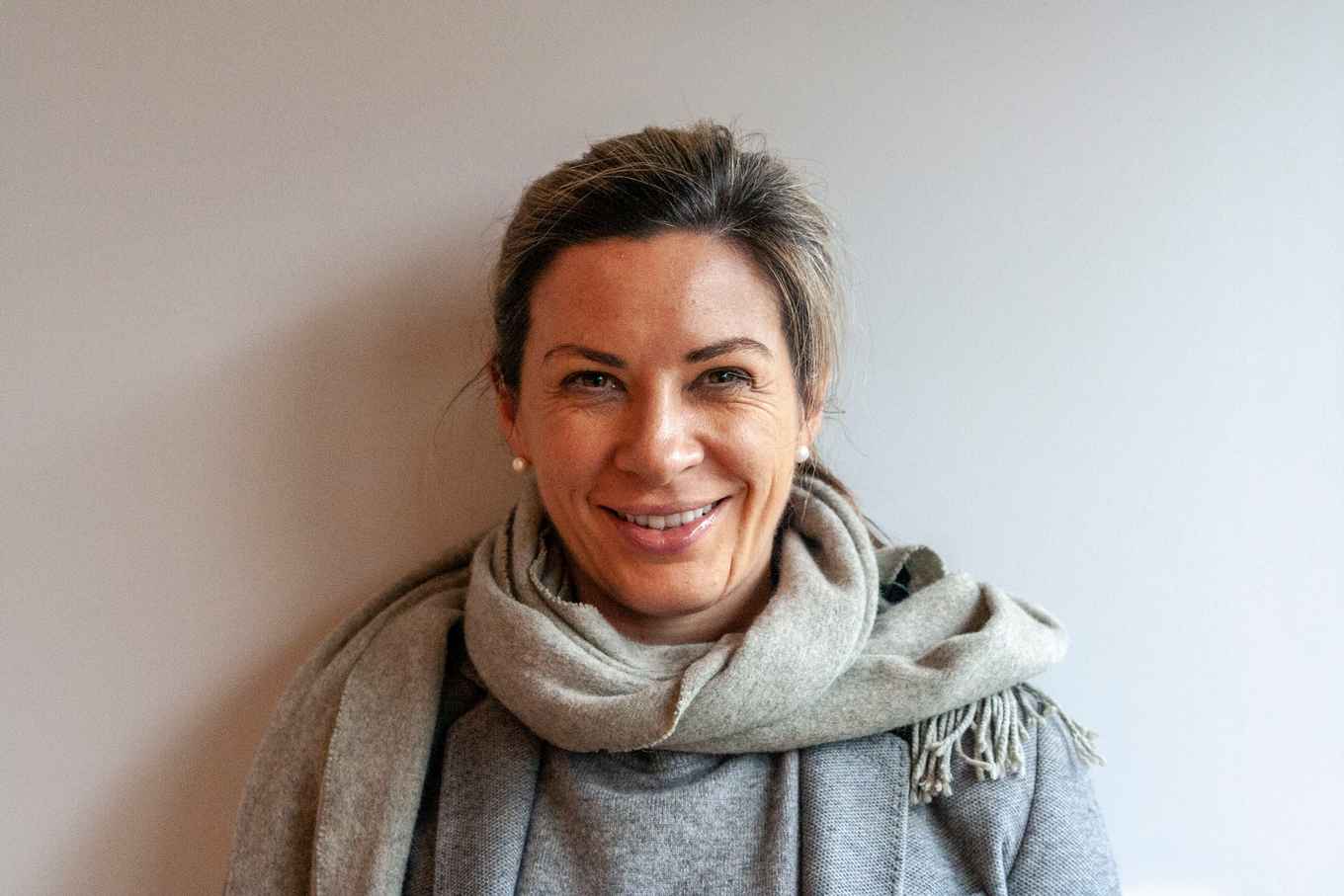The World as its Ambition
Interview with Elaine Fahey (City, University of London)
17 December 2019

In your previous edited volume ‘The Actors of Postnational Rule-Making: Contemporary Challenges of European and International Law’ you took to some extent an interdisciplinary approach, inviting scholars with various backgrounds. In your lecture you referred to the relationship between EU lawyers and other disciplines. What role does interdisciplinarity play for you? Do you find inspiration in other disciplines for your own work?
I am very interested in the relationship between EU IR, IR and EU Studies. I think it is important to see the development of EU IR law in context and to revisit essential questions consistently – there are a multitude of actors involved in international relations and a broader approach is essential. If we use a court-centric EU law approach we do not get very far.
How do you relate to the increasing complexity of the EU’s institutional structure?
I find the EU’s institutional structure in IR to be overwhelmed by the number of entities it is subject to and in turn seeks to govern. The EU has the world as its ambition – this is not an easy or straightforward state of affairs
Some of your work involves Japan and you seem to have a particular focus on transatlantic relations. How do you perceive other (emerging) powers such as China, India and Russia as postnational actors? And within the framework of your own research, how does the EU as a global actor relate to such actors?
I am interested in the EU’s role as to advanced democracies and mapping global ambitions. I find its interactions with emerging powers to be deeply underwhelming and not as successful. The EU cannot focus on the world. Within my chair on transatlantic relations I focus upon a significant engagement with an entity which recently refused to acknowledge the EU as a diplomatic entity. It speaks for itself.
Your next book will focus on the role of convergence in the global order. Is there anything you would like to share with us about this book already now?
The book project is an edited volume as part of the EUTIP MSC-ITN H2020 funded, coming out with Hart in 2020. In a range of subjects and disciplines it shows the EU as a global actor striving for convergence but also always practicing divergence through its own multilateralism. It features a range of interdisciplinary case studies, not just from EU law experts.
More information about Elaine Fahey's guest lecture.